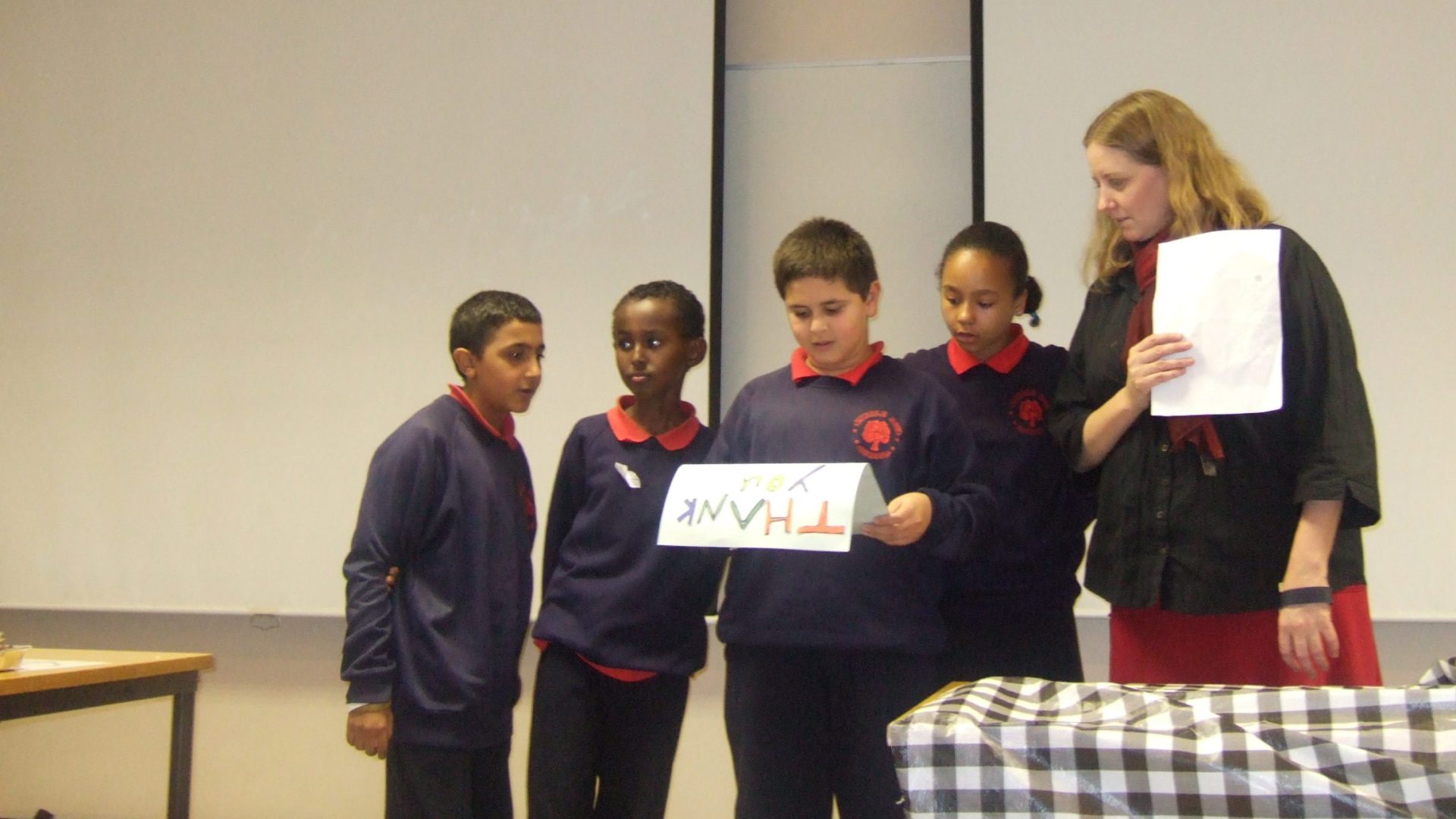
Striving for excellence: why quality is at the heart of the IntoUniversity programme
Rachel Carr, Chief Executive and Co-founder of IntoUniversity, explains how and why quality was made the heart of the IntoUniversity programme.

Rachel Carr, Chief Executive and Co-founder of IntoUniversity, explains how and why quality was made the heart of the IntoUniversity programme.
The seed from which IntoUniversity originally grew was an after-school study support club that Clare Richards (now an IntoUniversity Trustee) and I set up in a hall at a local community centre based in the heart of a disadvantaged neighbourhood in North Kensington, London. A qualified teacher, Clare had previously been working in a Primary school, while I had been running youth programmes as a volunteer in my spare time from my day job as a university lecturer. From the outset we were very clear that the children coming to the study support club at the end of a long day at school deserved the very best quality we could provide in all aspects of their experience.
We didn’t want to run a service where children dropped by just occasionally or were dropped off solely for after-school care. We wanted children to enjoy coming week-in, week-out by choice, to a place where they built positive relationships with us over the long term and where holistic, pastoral care was central to their experience. We wanted them to thrive and excel because of our shared high expectations of what they could achieve, our nurture of their individual talents, our celebration of their successes, our understanding of the challenges they were facing in and beyond the classroom. We wanted our club to be a place where hopes and dreams could be shared, worked towards and realised. And all this meant ideals underpinned by practicalities, including a classroom environment conducive to learning, with positive behaviour management and effective evidence-based teaching strategies. So following a formal assessment, every child set their own literacy and numeracy targets; bespoke support helped them to meet them; termly progress was monitored, work was marked and feedback given. With support, homework was completed on time – and to a high quality. Curiosity and independent learning were actively encouraged and there was an abundance of books and fun educational games (Boggle a firm favourite!).
We didn’t want to run a service where children dropped by just occasionally or were dropped off solely for after-school care. We wanted children to enjoy coming week-in, week-out by choice, to a place where they built positive relationships with us over the long term and where holistic, pastoral care was central to their experience.
Children came through the doors to our Study Support Club. And came back. And brought their siblings and friends. And signed up to the other programmes we were developing – enjoying hands-on science in laboratories at Imperial College (‘I didn’t know this place was for me’), residential visits to far-flung places (‘How many Euros do I need in York?’), and meetings with mentors (‘Please try this mug cake we’ve baked together!’).
That club is now our after-school Academic Support programme supporting over 5,000 young people each year – and while its ethos and culture remain true to the original ideal, the content and structure of the sessions has been developed, refined and improved in the years since. Primary-aged children now enjoy immersing themselves in our termly ‘degrees’ in subjects they don’t study at school (from Astronomy to Classics to Zoology), with literacy and numeracy learning outcomes for different year groups mapped out behind each session of stimulating and fun hands-on activities; Secondary school students both complete their school work with support from our trained staff and develop independent thinking skills through our ‘Future Readiness’ activities underpinned by metacognitive practices. At the end of each session students complete individual trackers where they reflect on their own learning and receive feedback from staff about their achievements and progress.
We’ve moved on from Cluefinders Maths Adventure on a CD-ROM and risographing individual worksheets. And we definitely no longer measure success just by asking children the top three things they enjoy most at the club. As we have grown and evolved, so too has our impact measurement: as you will see throughout our 2023 Impact Report, all of our programmes, including Academic Support, are underpinned by an evidence-based ‘Theory of Change’ with transparent metrics at the heart of how we evaluate. But the golden thread linking that original club with today’s 41 centres running Academic Support and the multiple other programmes we now provide, remains a commitment to striving for quality in all we do. This is crucial. For our success is not ours at all but our young people’s; and it is the quality of our services that they both richly deserve and which enables them to develop their wonderful, eclectic, individual talents and achieve their very best potential.